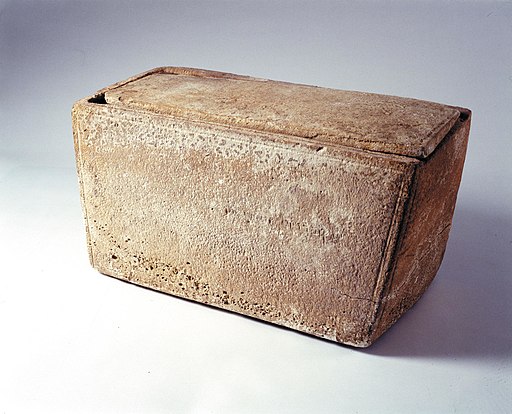Assembly Summary: God Has a Purpose
Author: Yolanda Watt | Student, Living Education – Charlotte, 2021-22
Estimated Reading Time: 3 min.
Mr. Gaylyn Bonjour opened his lecture to the students by talking about how our lives are similar to the sand passing through an hourglass.
He stressed that time is moving quickly and that we, as younger people, need to learn from older people. The reason for this, he said, “is that information is not knowledge—experience is.” We were advised to keep in mind that, though we will make mistakes before and after baptism, God has a purpose for us; He is bringing many sons and daughters into glory.
Biblical Examples
Mr. Bonjour spoke briefly about three individuals of the Bible with whom God worked despite the terrible mistakes they made. He spoke of the Apostle Paul, who persecuted the Church before Christ called him. He hated those of “the Way,” and they feared him in turn. However, after Paul was converted, the attitude of the Church toward him changed, and they eventually loved him.
Mr. Bonjour also mentioned Moses, who killed an Egyptian for the sake of his Hebrew brethren—an action that was not pleasing to God. Yet God did not stop working with Moses, because He had a purpose for him. The final individual Mr. Bonjour referenced was David, who committed adultery and killed a woman’s husband—yet God called him a “man after My own heart,” and He will resurrect King David to rule over Israel in God’s Kingdom.
Mr. Bonjour mentioned that, despite God’s clear instruction that kings were not to have many wives, Solomon had 700 wives and 300 concubines. Some of these marriages, perhaps most of them, were political in nature. As one reads through Proverbs, one notices that Solomon wrote about problems with contentious women, and Mr. Bonjour made the point that Solomon probably wrote these proverbs based on experiences that he’d had with his wives. He also made the point that even though many believe that Solomon may not be in the first resurrection, we do not know this for a fact, and we even see evidence of Solomon’s repentance as we read through the book of Ecclesiastes.
It’s How We Finish
Mr. Bonjour closed his lecture by reminding the students that while we may be waiting to see what God does in our lives before we make certain decisions, God may also be wanting us to make a move. God can work with us to shape the decisions that we make, even after we make them. Of course, this is not to say that we do not need to exercise wisdom or that we should not ask for God’s help in making decisions. Nevertheless, God will allow us to learn from our experiences, and even when we make mistakes, God will forgive us once we repent, even if He does not remove the consequences of those mistakes. God had a purpose for each of the biblical figures we read about, and God has a purpose for us all. It is not how we start that is important, Mr. Bonjour said, but how we finish that matters.









